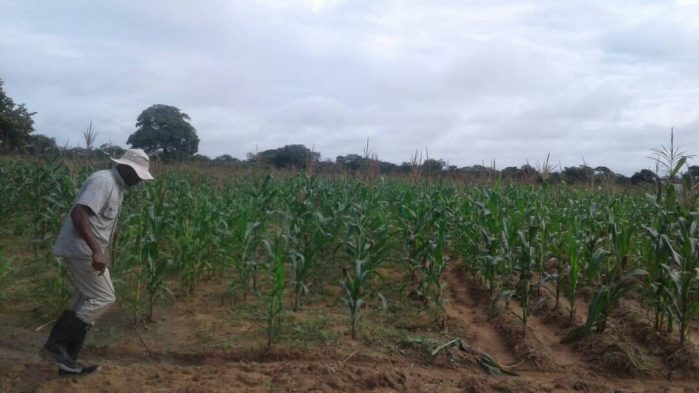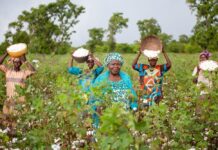The World Food Programme (WFP) and its partners have completed the 2021/22 lean season response in March by assisting 655 222 people in 12 rural districts at peak, through in-kind transfers.
The programme complemented the Zimbabwe government’s Food Deficit Mitigation Strategy which will continue into April.
The WFP said this in its situation report released on Monday.
“The close out of the programme was preceded by lessons learnt from workshops to shape future programming. After the lean season, WFP will focus on resilience-building to strengthen the livelihoods of the most vulnerable and gradually reduce the need for humanitarian assistance,” the WFP said in its report.
“The Urban Social Assistance and Resilience Building programme assisted 48 304 people through cash-based transfers to meet their immediate food needs, while 12 845 households who were initially receiving CBT were transitioned to resilience-building activities to enable them to effectively respond and adapt to shocks and stressors.”
WFP worked in partnership with the Ministry of Health and Child Care and assisted 2 773 pregnant women in maternity waiting homes (MWH) with a daily ration of cereal, pulses, fortified oil, and super cereal during their two weeks stay at the clinics prior to childbirth.
It said it will undertake a study to identify how best to ensure sustainable provision of meals and other nutrition services in the Government’s programmes in support of expecting mothers.
“WFP continues to assist close to 12,800 refugees at the Tongogara refugee camp through cash transfers. 210 households in the camp are currently piloting hydroponic crops at five green houses, with the aim of diversifying their diets and livelihood activities.
“WFP partnered with Welt Hunger Hilfe Zimbabwe to implement capacity strengthening activities through trainings such as financial literacy, business planning, market linkages and farming as a business in 12 rural districts, to ensure maximum utilization and sustainability of the created and rehabilitated assets and infrastructures, such as nutritional gardens, orchards, weir dams, various environmental protection works and solar powered boreholes,” it added.
Zimbabwe has experienced poor rain patterns during the 2021/22 farming season leaving millions of locals in need of food aid due to low harvests.








